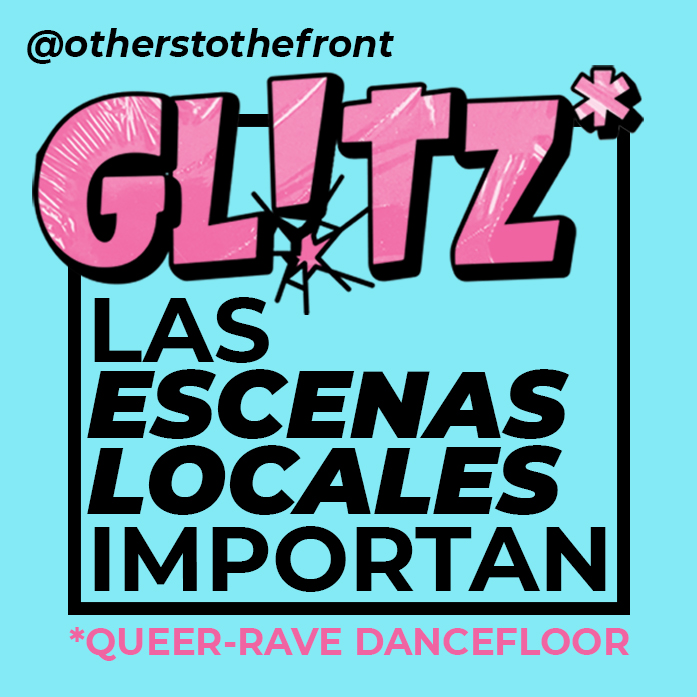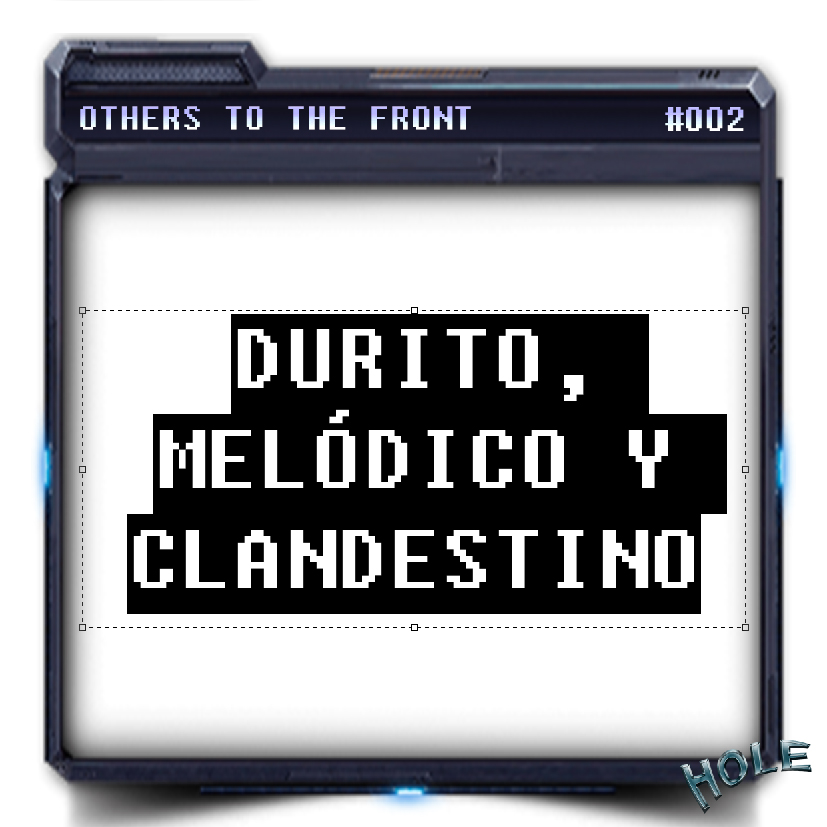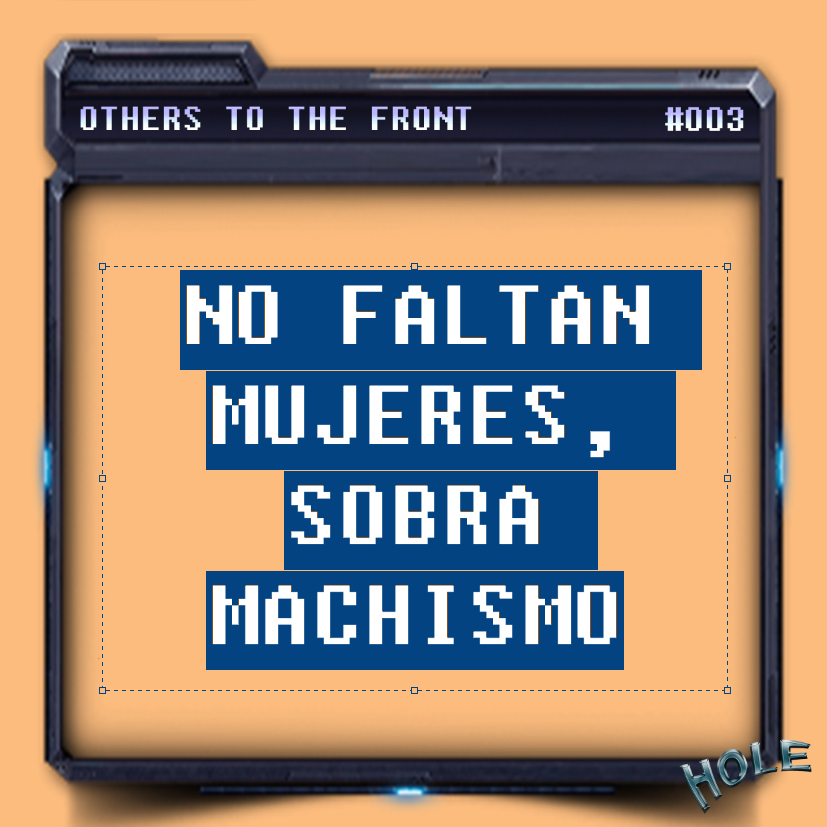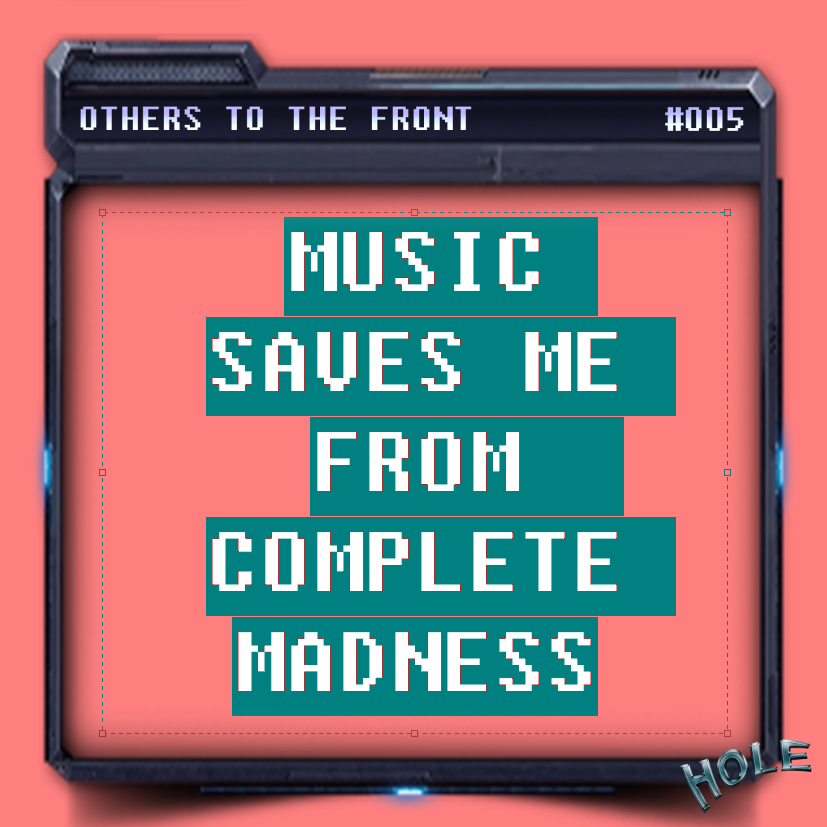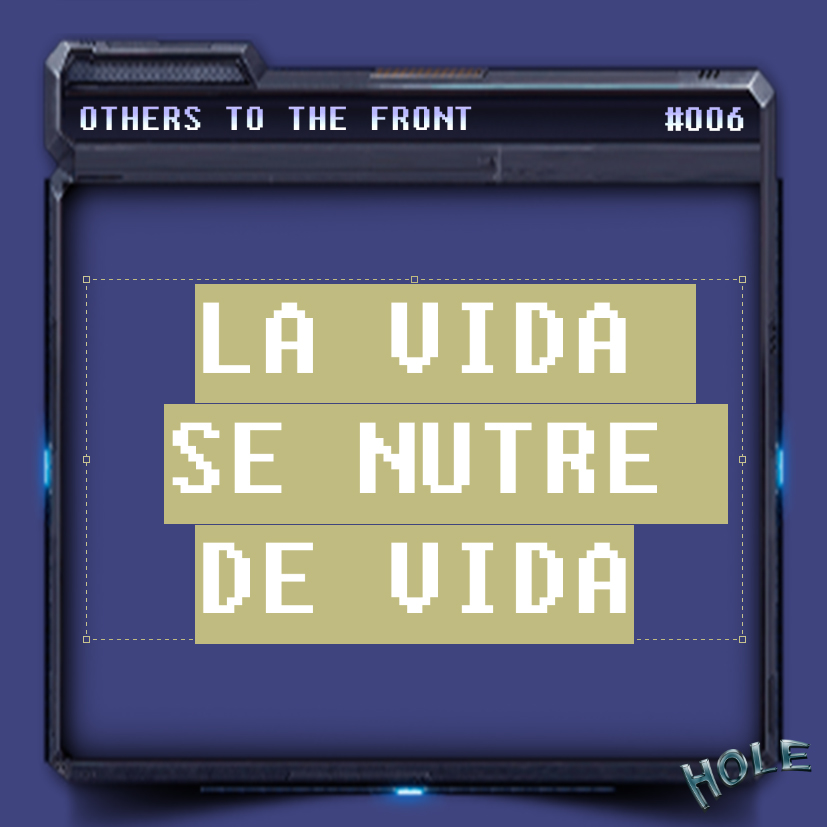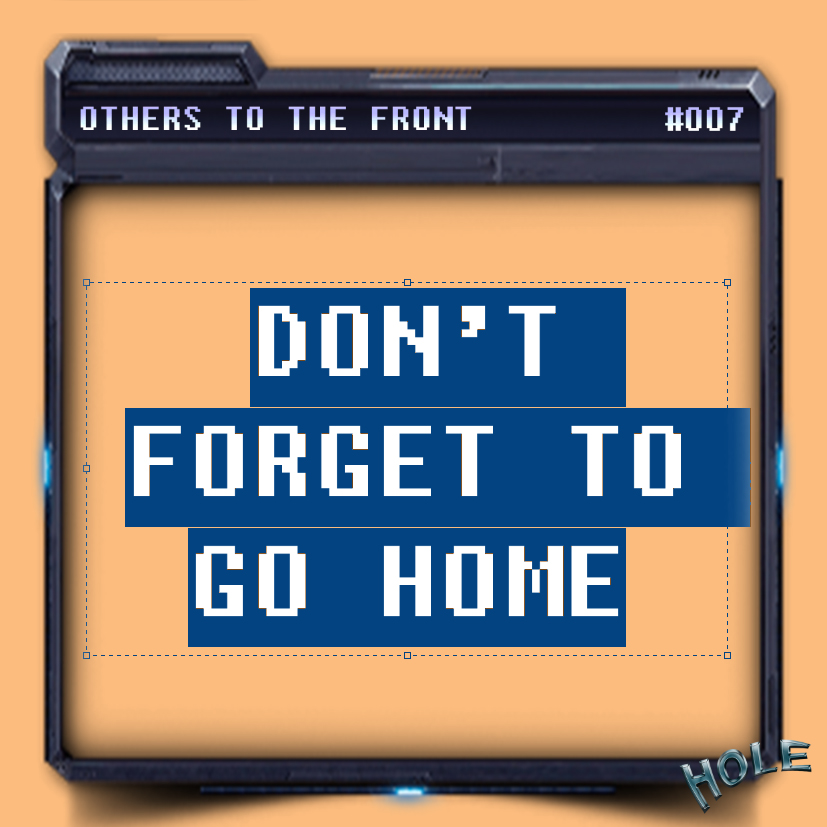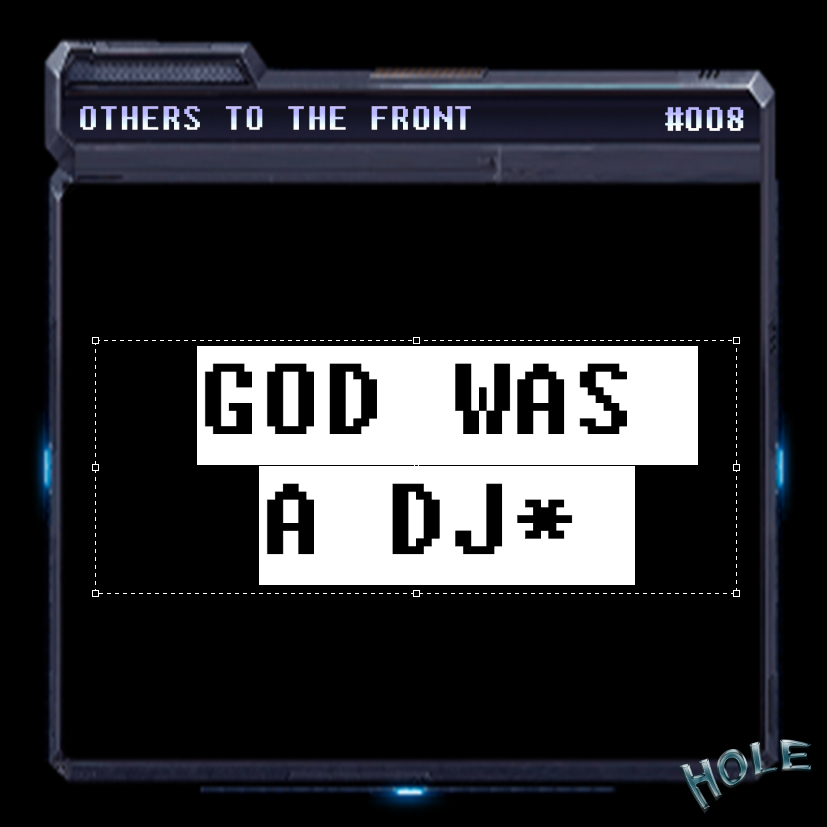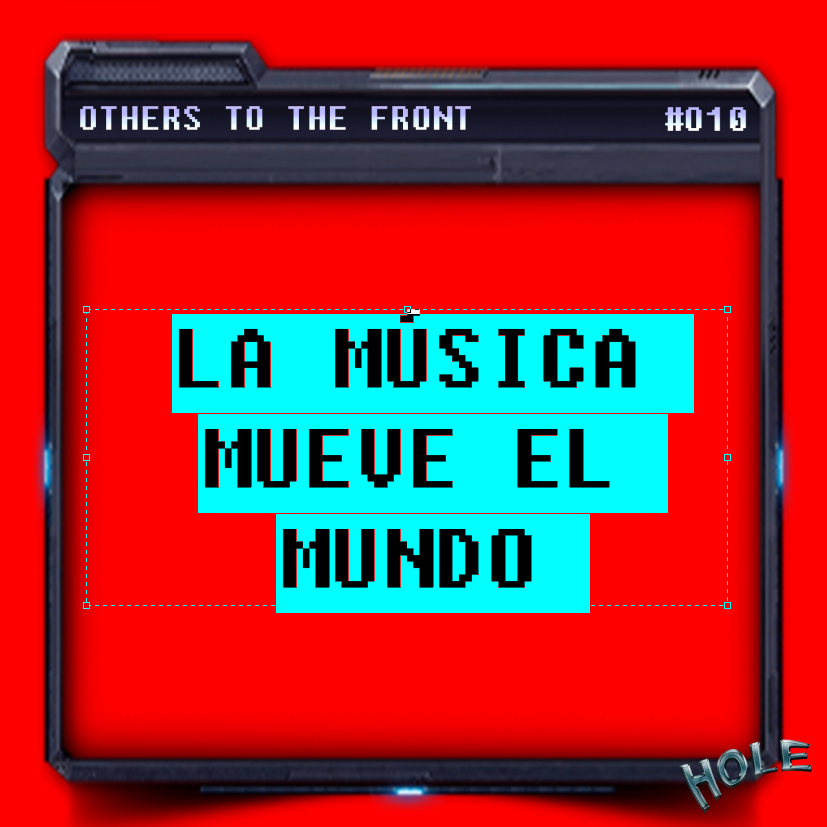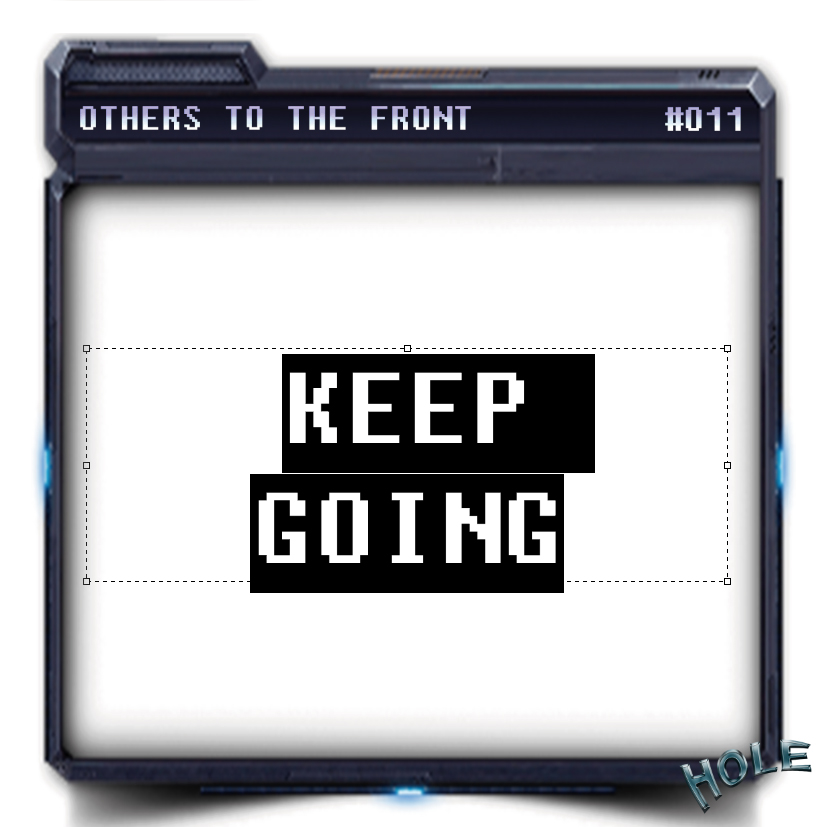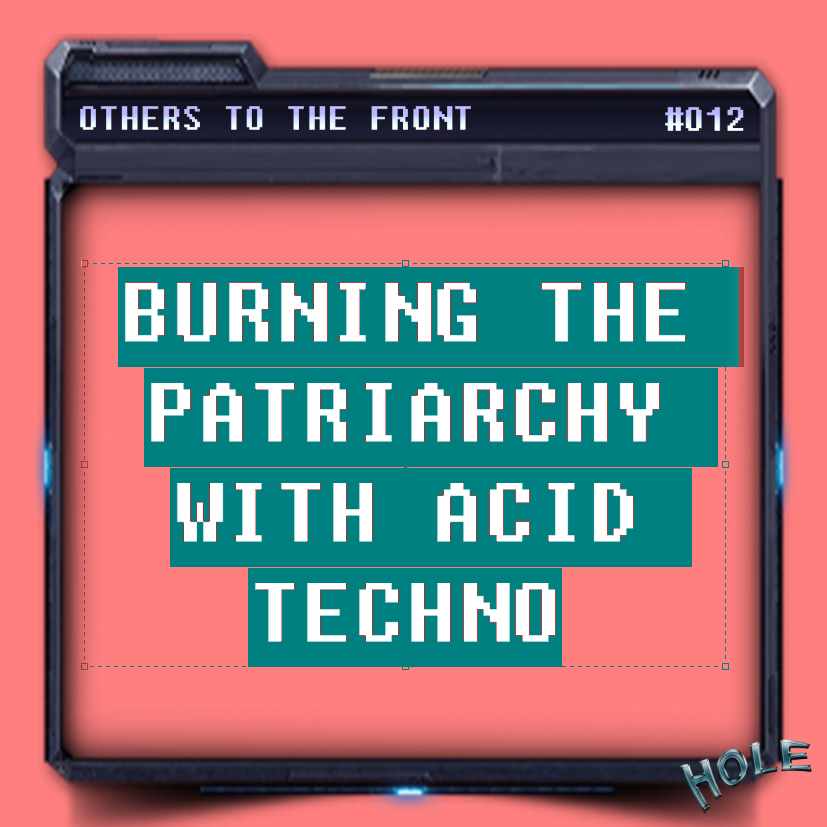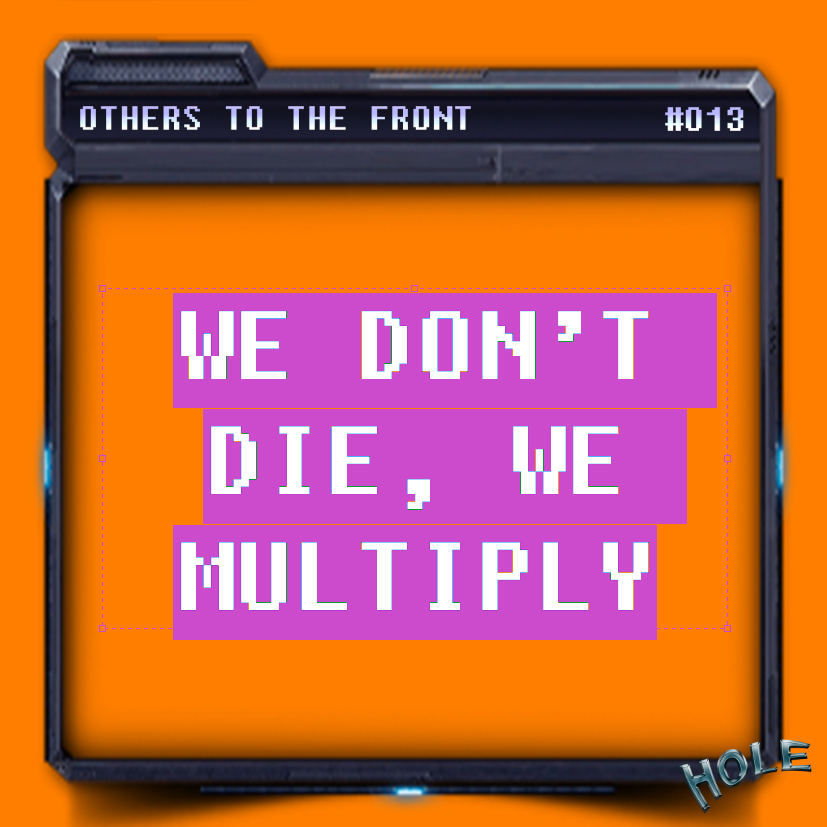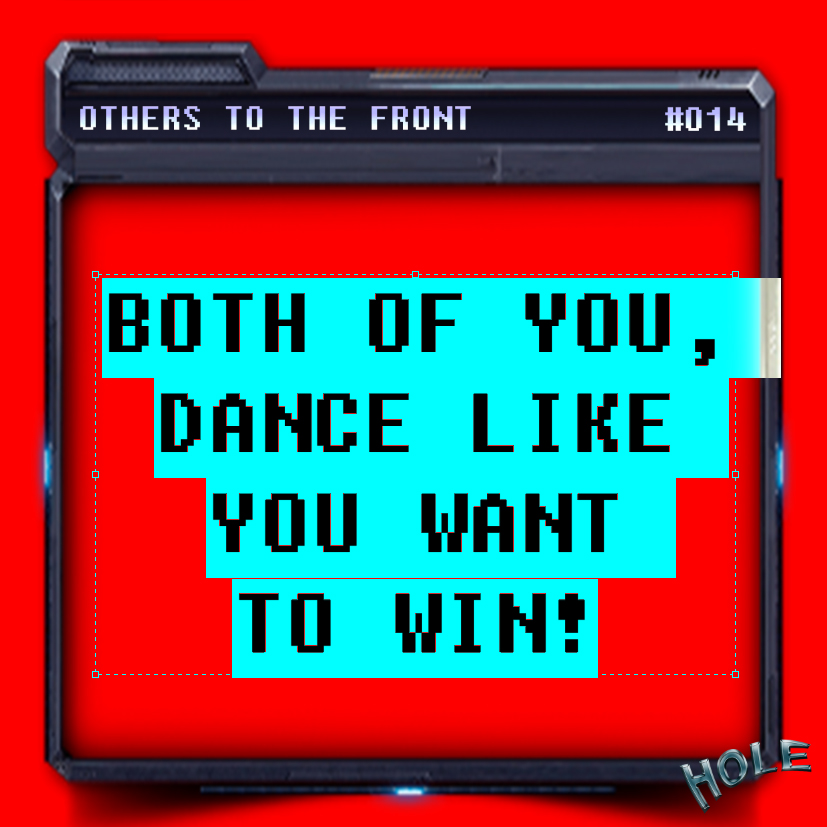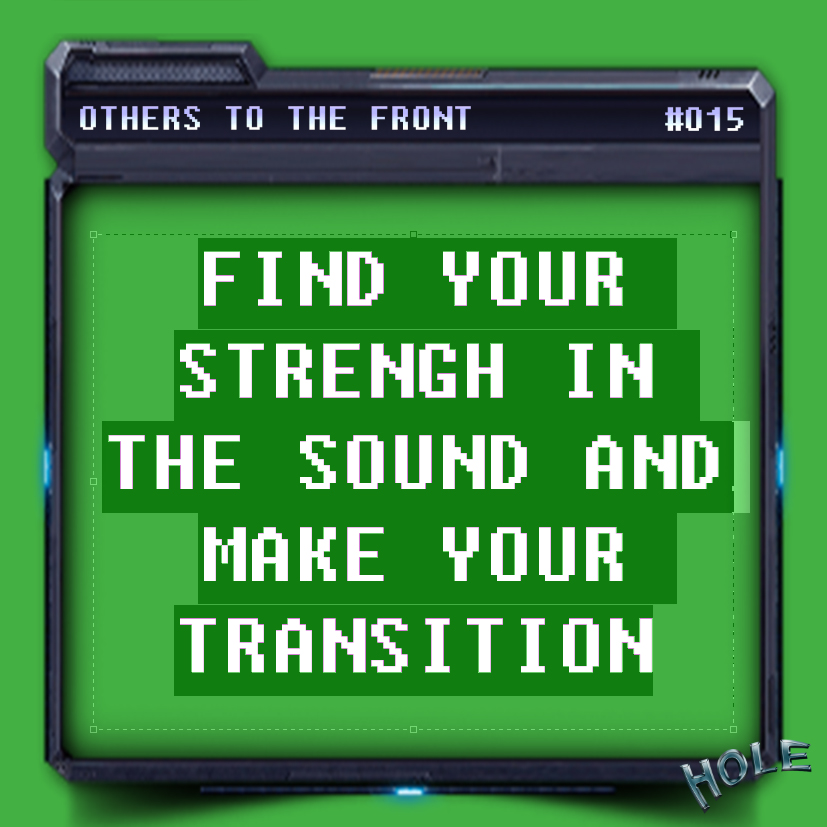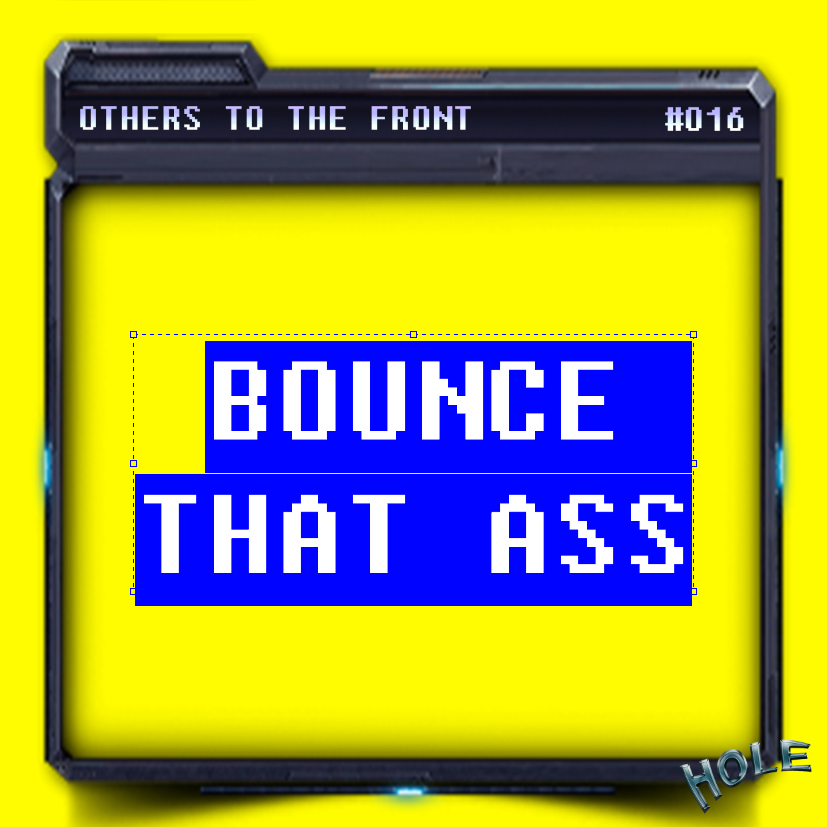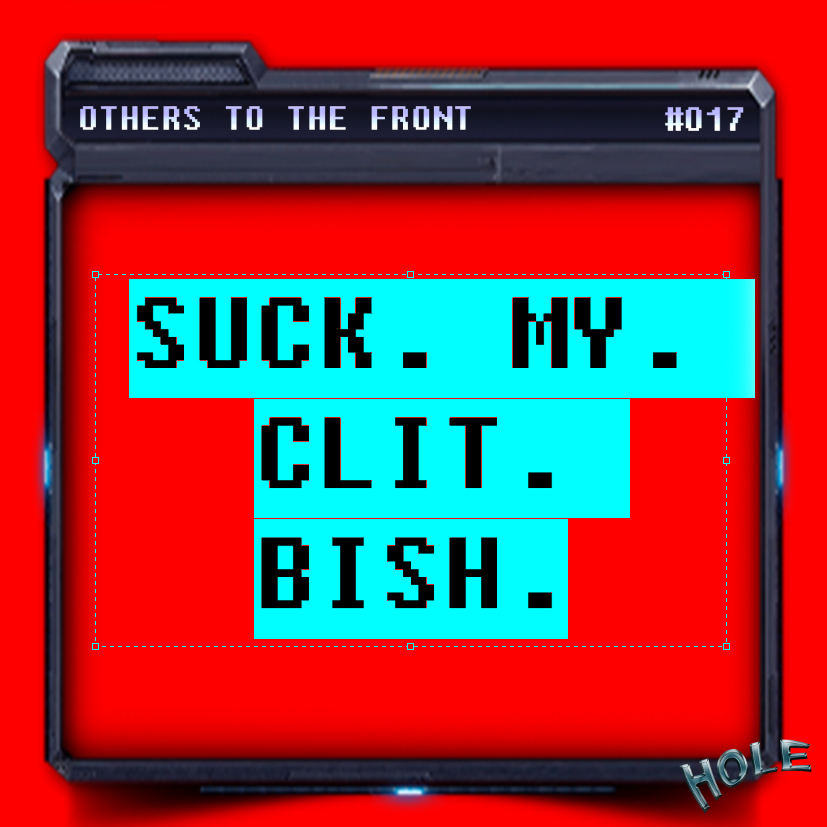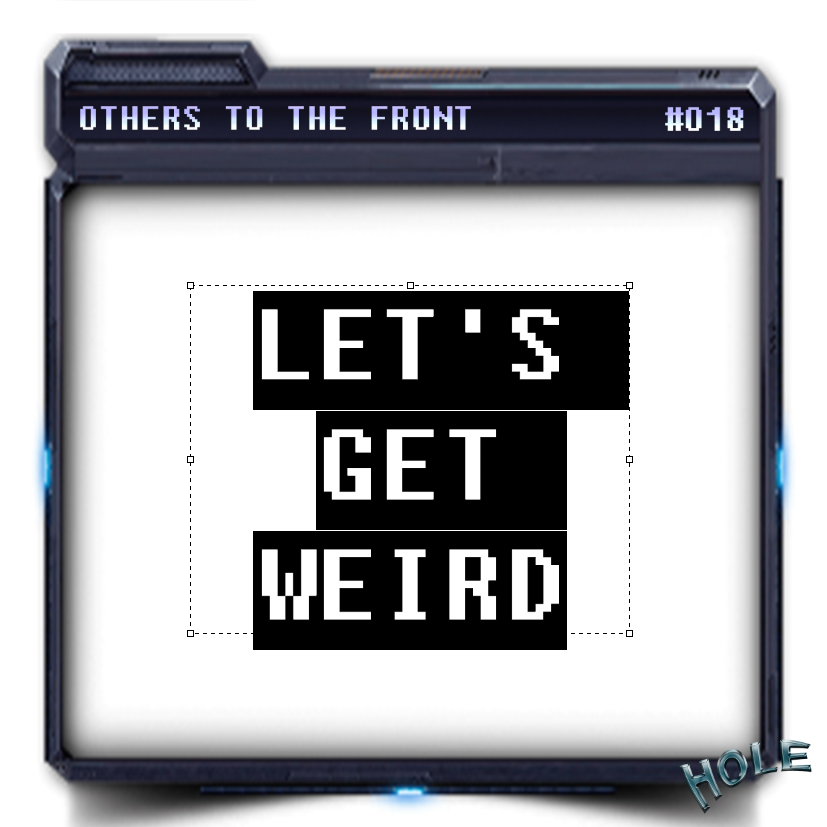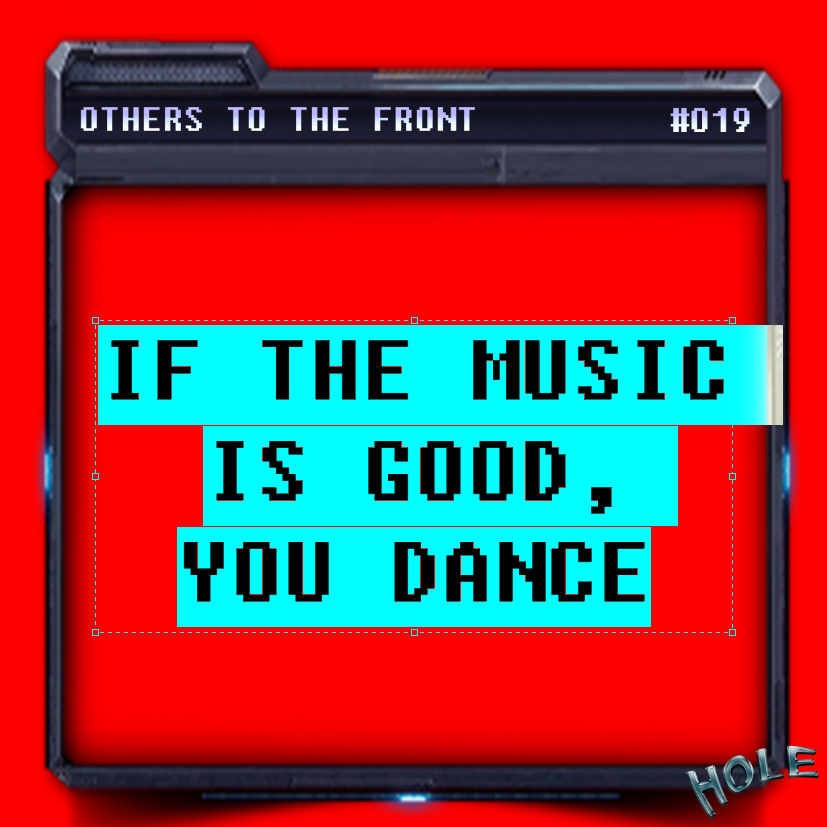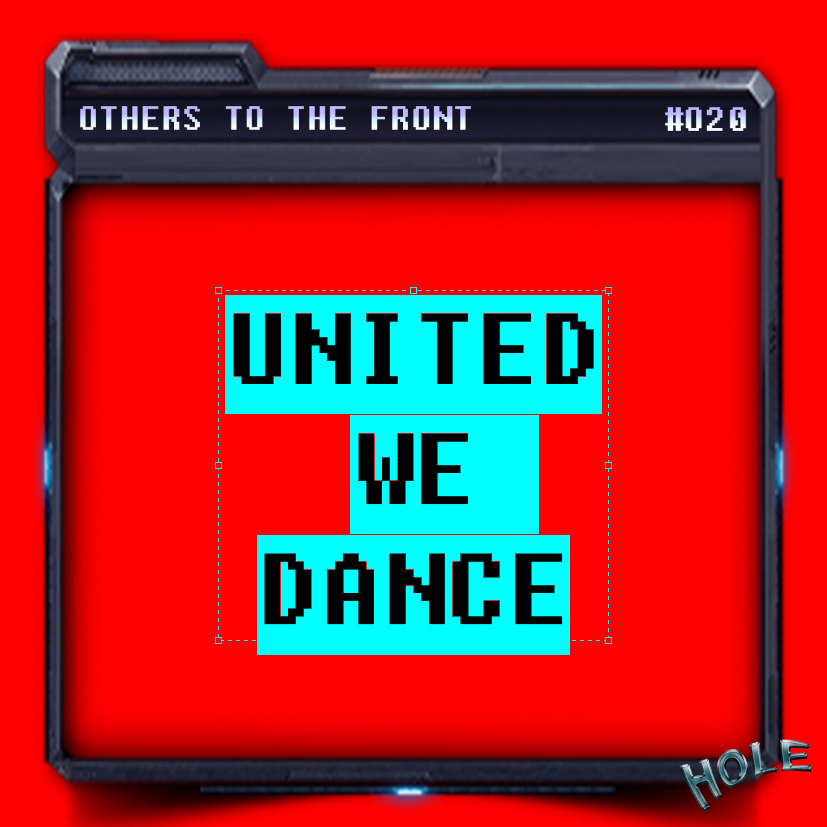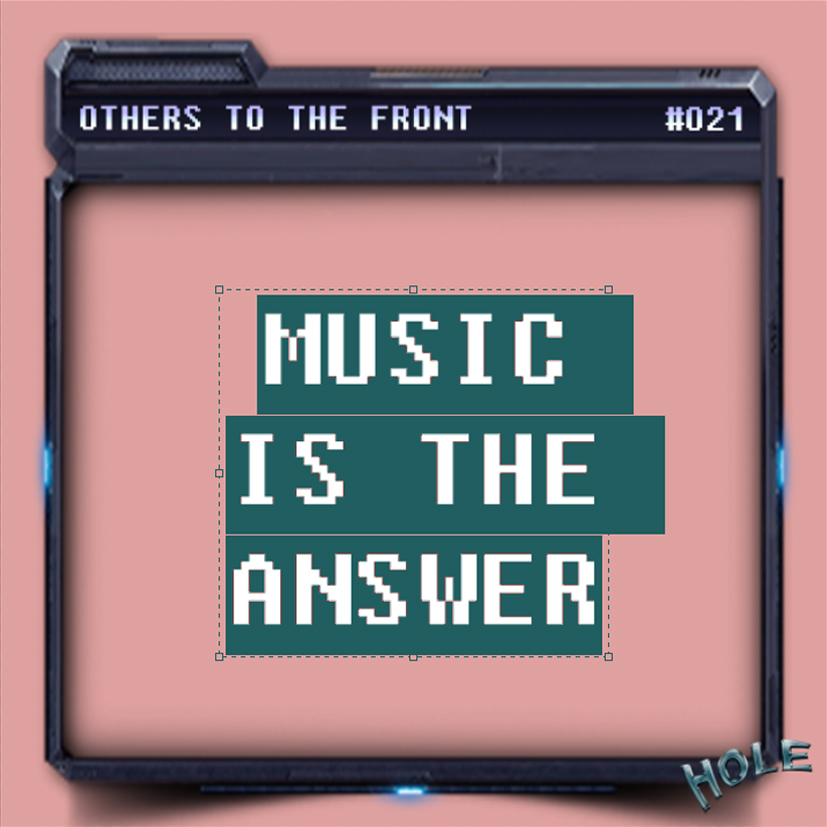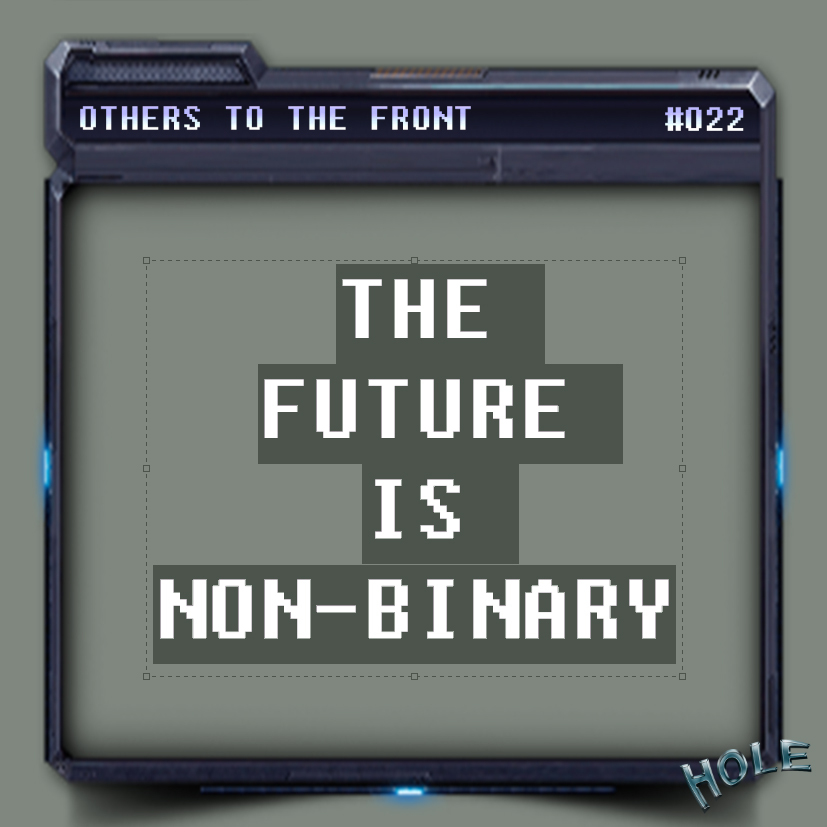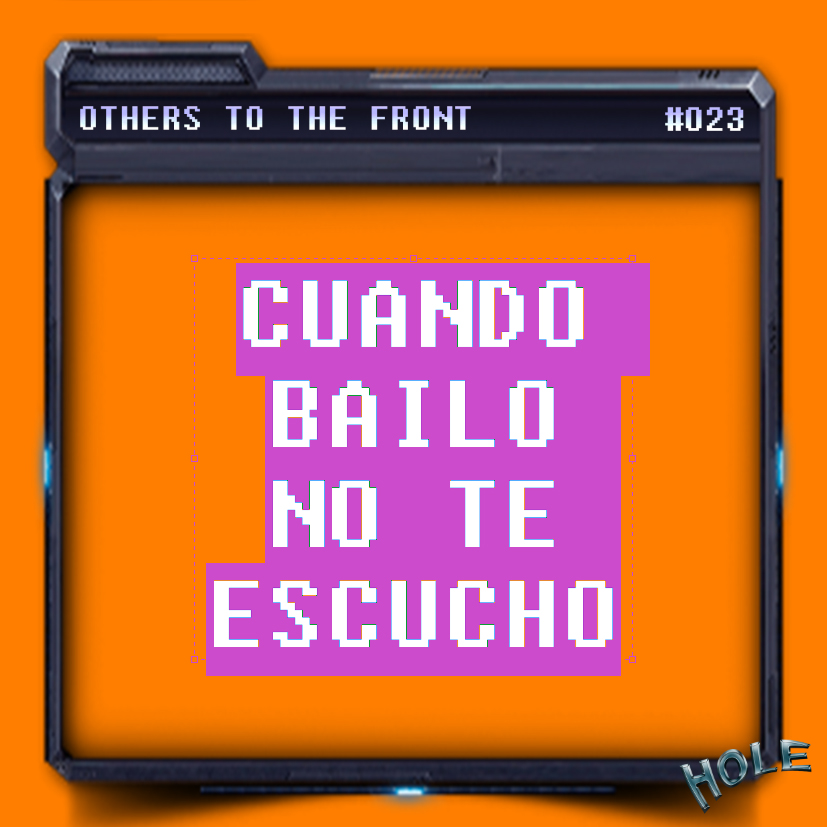House of Others
Our definition of house music
Give me that house music to set me free
Lost in house music is where I wanna be
Marshall Jefferson, Move your Body (the house music anthem)
House Of Others is the name we give in Others to the Front to a particular aim to give back house music to its legit crowd. A monthly podcast mix will portrait the many different tones and strains of house music, be it vocal house, deep house, acid house, hip house, Garage, UK Garage, Speed Garage. Deep liberating groovy sounds more than pure genre definition is what we aim for. We will ask our favorite djs to spin their definition of house music in long special mixes, at least two hours long, or longer if the dj needs more time to give a full account on her/his/their/our take on house music.
Few electronic music subgenres have been more neglected, despised, commodified and distorted than house music. Born during the 80s as totally new sound in the black gay clubs of Chicago. There the likes of Frankie Knuckles and Ron Hardy, Larry Levan at the Paradise Garage in New York was always near, pushing the boundaries of disco and electro far beyond the “pop music song” conventions and focusing on creating a relentless groove on which soundscapes of sound and rhythm keep being developed and morphed one into another in the mix. The almost constant climax of disco tunes was deconstructed into an all night, trance inducing, sequenced track continuum. In a word, they gave birth not also to house music but to what, to this day, we consider a dance DJ set.
House music first jumped to the balearic island of Ibiza, which still very much retained the underground hippie feel of the seventies, unsung heroes like Jose Padilla or DJ Alfredo where the first on this side of the atlantic to play the new music from Chicago and New York to a white european crowd in the anything goes atmosphere of the island at the time. And from the balearic secrecy, it made to London, where it just went ballistic as fuel for the first generation of rave parties which literally swept across the UK, generating as much panic and confusion in mainstream media and politics as it generated an unprecedented mood of euphoria and political utopianism in an, otherwise, battered, post-thatcherite british youth.
The United Kingdom has, since then, maintained a lively underground house music culture which has mutated and fused with many other styles of anglo jamaican bass music origins, such as UK Garage or Speed Garage that go back and forth in a constant communication process with black and latino communities in the US. But it is within the black communities of the United States where the house music scene has always been evolving and growing. Places like Chicago, New York or Detroit, whose house sound is flawlessly incorporated into its trademark techno sounds, have always been top of the list, but also the crucial house/garage scene from New Jersey or the Baltimore club scene has kept the true spirit of house alive, if yet very much at an underground level.
The rise of club mass tourism in Ibiza, on the other hand has banalized the once innovative balearic house sounds in the island, as much as money allows, making them a sort of intrascedent, washed away, conventionally optimistic sound for male and female normative and commodified bodies at exclusive villa pool parties and superclubs designed to mimic the lifestyles of the super rich. The watered down sounds of that sadly functional sound called tech-house, which is neither techno nor house, of business entertainment mega franchises as Elrow, which are no more than theme parks for middle class white europeans in search of a banal and escape from heir routines, have set the completely distorted image of house music as a rather superficial style of music, that has sprang to European continental countries in the last two decades.
We have been through a series of years in which soulless techno, coming mostly from the catch all wealthy Berlin industry, which has set up the foundations for an endless wave of conventionally called “dark” techno, that has progressively shallowed until becoming just another gimmick commodified sound. And we believe it is the right time to bring back the liberating sounds of house music to everyone’s minds and bodies.
House music belongs to a lineage of black and queer people that have crafted a magical groovy sound that gets inside our bodies and makes us dance until we relase all the energy on the dancefloor creating deep experiences of freedom, both collective and individual. House music has thrived in small queer club basements and in outdoor summer block parties in black hoods alike. Dance crews, be it vogueing, jitting, footworking or breakdancing are a key part of this culture. A culture of dancing, which as New Jersey’s own DJ Qu, one of the producers that has taken house music further in recent years would say: “its not the same as moving along to music”.
House is a feeling, lets get it back
Lincoln Park Music Festival 2008, Newark, New Jersey
https://www.youtube.com/watch?v=rN_BJsUcXLE

